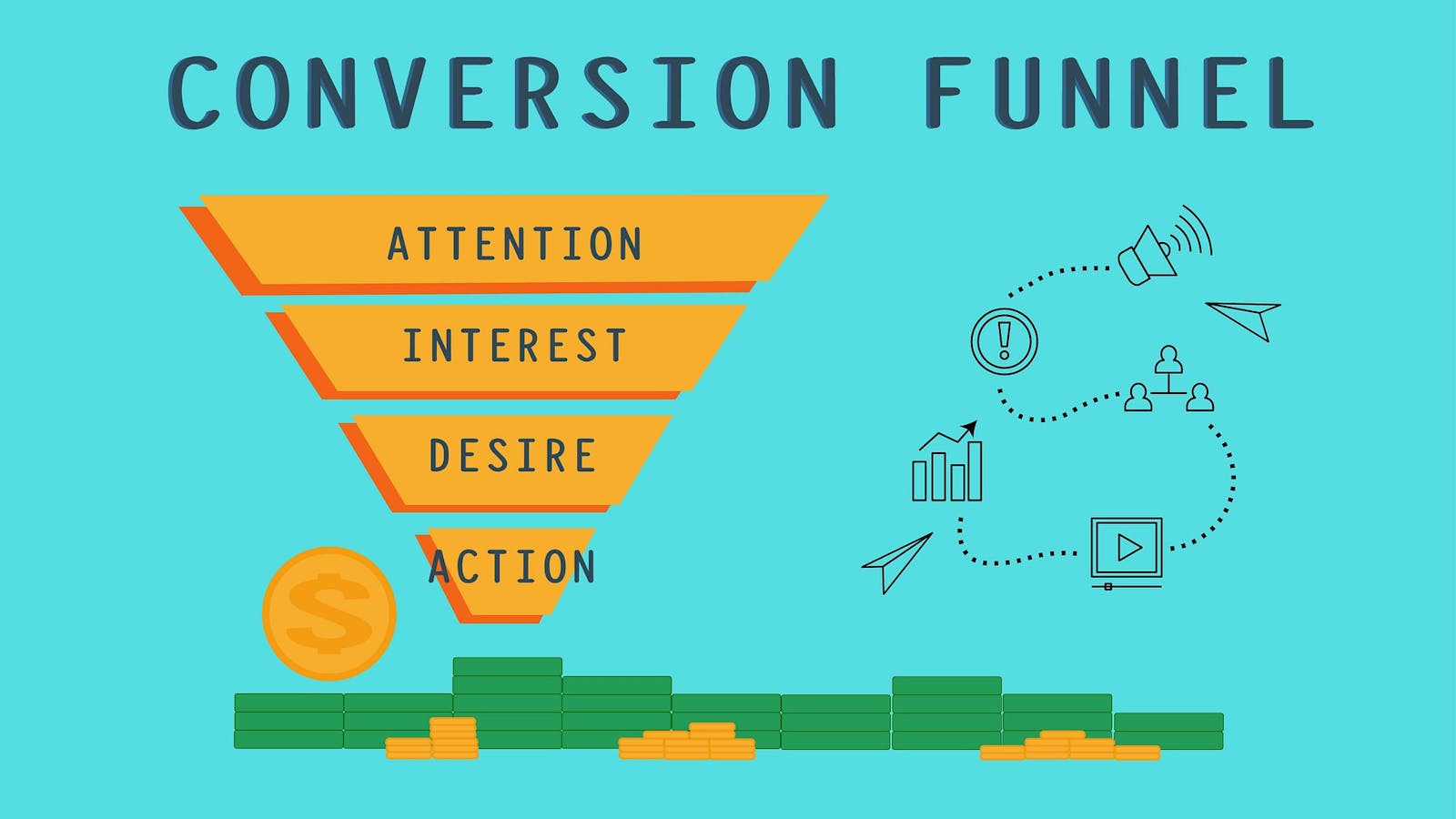
The AI Search Revolution: How Consumer Behavior is Reshaping Marketing for 2026
Five Practical Strategies to Succeed with AI-First Search.
CP Advertising
8/3/2025
CP Advertising
8/3/2025
Consumer discovery is undergoing its most profound shift since the birth of Google. As artificial intelligence reshapes how consumers search for information, marketers face both unprecedented challenges and remarkable opportunities. The question isn't whether AI will change search behavior—it's how quickly businesses can adapt to this new reality.
The Great Search Shift: From Google to AI
Recent research reveals we are experiencing a dramatic shift in consumer search behavior that's happening faster than most marketers anticipated. According to new data from Bain & Company, 80% of consumers now rely on AI-written results for at least 40% of their searches. This represents a fundamental change in how people discover information, products and services online.
The impact on traditional search is obvious. Organic web traffic is trending downward, with organic click-thru-rates expected to decrease by 25% next year as consumers increasingly trust AI-generated summaries over clicking through to individual websites. Even more striking, about 60% of searches now end without users progressing to additional web pages—a phenomenon experts are calling "zero-click search."
This shift isn't confined to a single demographic. While more than half of Gen Zers turn to conversational tools like ChatGPT, Reddit or TikTok for search, the behavior is spreading across age groups as AI tools become more sophisticated and accessible. The trend represents a fundamental reimagining of the search experience, where users expect immediate, comprehensive answers rather than a laundry list of links to sift through.
The Data Behind the Revolution
The writing on the wall is obvious, with the numbers demonstrating a clear transformation. From predictions on organic traffic decreases to AI searches resulting in lower click-through rates compared to standard search results, it is clear that we are on the cusp of a search evolution.
But this isn't just about reduced traffic—it's about changing expectations. Today's consumers want personalized, contextual answers delivered instantly. They're increasingly comfortable trusting AI-generated content for their decision-making process, from product research to service selection. This trust is built on AI's ability to synthesize information from multiple sources and present it in a digestible format.
The enterprise sector mirrors this consumer behavior. AI spending reached $13.8 billion in 2024—a nearly six-fold increase from the previous year. Consumer AI adoption is now catching up to enterprise usage, suggesting that the shift toward AI-powered search is accelerating rather than plateauing.
Beyond Traditional Keywords: The New Search Paradigm
The traditional approach to search engine optimization—building content around specific keywords and hoping for high rankings—is becoming less effective. AI-powered search prioritizes context, intent and comprehensive answers over keyword density and backlink profiles.
Voice search and conversational AI are driving this change. Fragmented keyword searches are falling out of style as users are increasing asking complete questions instead. They're expecting AI to understand nuance, context and implied meaning. AI is referenced more like a neighborhood librarian than a clunky tool. This evolution demands a fundamental shift in how marketers think about content creation and optimization.
The implications extend beyond search engines. AI chatbots on e-commerce platforms are becoming primary discovery tools, helping consumers navigate product selections without ever visiting traditional search results. These AI systems learn from user interactions, becoming more sophisticated at predicting needs and preferences over time.
Five Essential Tactics for Marketing Success in 2026
As we approach 2026, successful marketers must embrace new strategies designed for an AI-first search environment. Here are five critical tactics to implement:
1. Optimize for AI Understanding, Not Just Search Engines
Traditional SEO focused on gaming algorithms through keyword stuffing and link schemes. AI optimization requires creating genuinely helpful, comprehensive content that answers real user questions. AI systems analyze content for depth, accuracy and user value rather than keyword density.
Focus on creating authoritative content that AI systems will want to cite in their summaries. This means investing in research, providing unique insights and structuring information clearly. Consider how your content might be used by AI to answer user questions, and optimize accordingly.
2. Embrace Zero-Click Content Strategy
Since many searches now end without clicks, marketers must find value in being featured in AI summaries even without direct traffic. This requires a fundamental shift in how we measure success—from clicks and page views to brand mentions and authority building.
Create content specifically designed to be quoted by AI systems. Include clear, quotable statistics, expert insights and definitive answers to common questions in your industry. While you might not get the click, you'll build brand authority and recognition.
3. Develop Conversational Content Experiences
Voice search and conversational AI require content that mirrors natural human speech patterns. Move beyond stilted, keyword-heavy copy toward conversational, helpful content that addresses user intent directly.
Structure your content to answer the follow-up questions users might have. Think of your content as part of a conversation rather than a one-way broadcast. This approach aligns with how AI systems understand and process information.
4. Invest in First-Party Data and Direct Relationships
As organic search traffic declines, building direct relationships with customers becomes more critical. Email marketing, social media communities and owned media properties provide stable channels that aren't dependent on search algorithm changes.
Focus on creating value that encourages users to engage directly with your brand rather than relying on search discovery. This might include exclusive content, personalized experiences or community features that keep users coming back.
5. Prepare for Real-Time AI Personalization
AI systems are becoming sophisticated enough to provide real-time, personalized responses based on user history, preferences and context. Marketers must prepare content and experiences that can be dynamically customized for individual users.
This requires structured data, flexible content systems and a deep understanding of customer journey mapping. The brands that succeed will be those that can provide AI systems with the data and content they need to create personalized recommendations.
Navigating the Ethical AI Landscape
As AI becomes more prevalent in search and marketing, ethical considerations grow more important. Consumers are increasingly aware of how their data is being used and expect transparency from brands leveraging AI technologies.
Successful marketers in 2026 will need to balance AI capabilities with ethical data practices. This means being transparent about AI usage, respecting user privacy and ensuring that AI-generated content maintains accuracy and authenticity.
Trust will become a critical differentiator as consumers navigate an increasingly AI-mediated information environment. Brands that prioritize ethical AI practices and transparent communication will build stronger, more sustainable relationships with their audiences.
The Road Ahead: Preparing for an AI-First Future
The transformation of search behavior represents both a challenge and an opportunity for marketers willing to adapt. Those who continue relying solely on traditional SEO tactics will find themselves increasingly marginalized. However, brands that embrace AI-optimized strategies have the chance to build stronger, more direct relationships with their audiences.
The shift toward AI search isn't a distant future possibility—it's happening now. Consumer behavior is already changing, and search platforms are rapidly evolving to meet new expectations. The marketers who recognize this shift and adapt their strategies accordingly will be the ones who thrive in the AI-powered marketplace of 2026 and beyond.
Success in this new environment requires a fundamental mindset shift: from trying to game algorithms to providing genuine value, from chasing clicks to building authority, and from mass messaging to personalized experiences. The future belongs to marketers who can navigate this transformation while maintaining the human connection that remains at the heart of effective marketing.
The AI search revolution is here. The question now is whether your marketing strategy is ready for what comes next.
Ready to reach an engaged Christian audience with dynamic, authentic content strategy? Contact The Christian Post today to discover how our targeted email advertising can help you build direct relationships with faith-based consumers.


